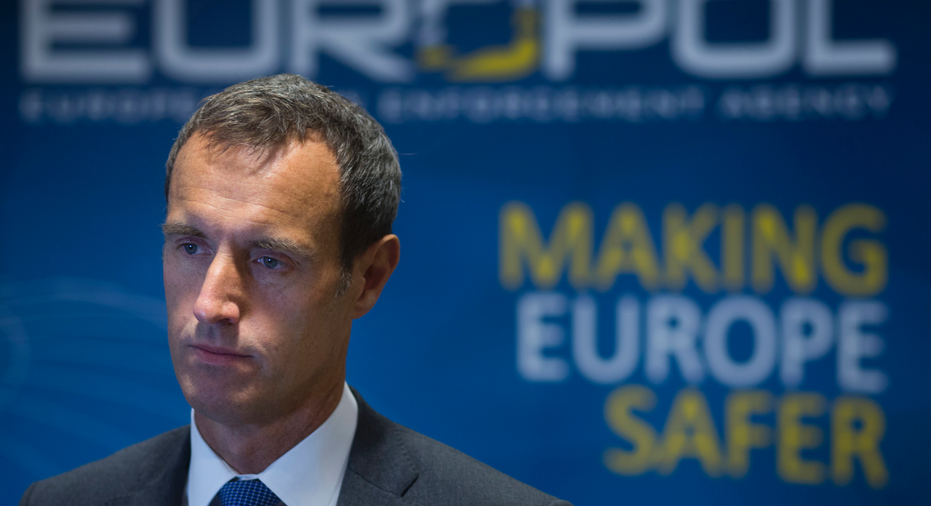EU police agency calls for better action against cybercrime

THE HAGUE, Netherlands – The European Union's police agency called Wednesday for better awareness and tougher, targeted legislation to tackle cybercrime in the wake of devastating malware and ransomware attacks in recent months.
Events such as the global "WannaCry" attack in May have "taken the threat from cybercrime to another level," Europol Executive Director Rob Wainwright told delegates at an international conference.
Wainwright spoke as Europol released its 2017 Internet Organized Crime Threat Assessment highlighting trends in cybercrime and recommending ways of tackling them.
"The growing threat of cybercrime requires dedicated legislation that enables law enforcement presence and action in an online environment," Europol said. "The lack of adapted legislation is leading to a loss of both investigative leads and the ability to effectively prosecute online criminal activity."
Wainwright said that while law enforcement authorities have succeeded in disrupting major online crime syndicates, "the collective response is still not good enough" and "people and companies everywhere must do more to better protect themselves."
WannaCry malware scrambled data at hospitals, factories, government agencies, banks and other businesses around the world.
Wainwright also highlighted victories in the fight against cybercrime such as the takedown of the world's leading "darknet" market place and the seizure by Dutch authorities of a similar bazaar.
AlphaBay was taken down in July with the arrest in Thailand of its alleged creator and administrator.
European law enforcement revealed later that month that Dutch cyberpolice took over and covertly ran Hansa Market to gather intelligence on users. Like AlphaBay, Hansa operated in the darknet, an anonymity-friendly internet netherworld inaccessible to standard browsers.
"We say it every year: The threat seems to be increasing," Wainwright told delegates at the two-day conference on cybercrime at Europol's headquarters in The Hague.



















